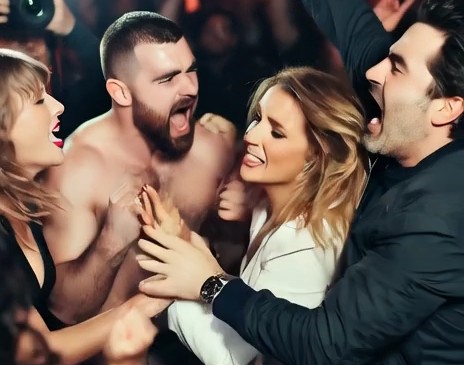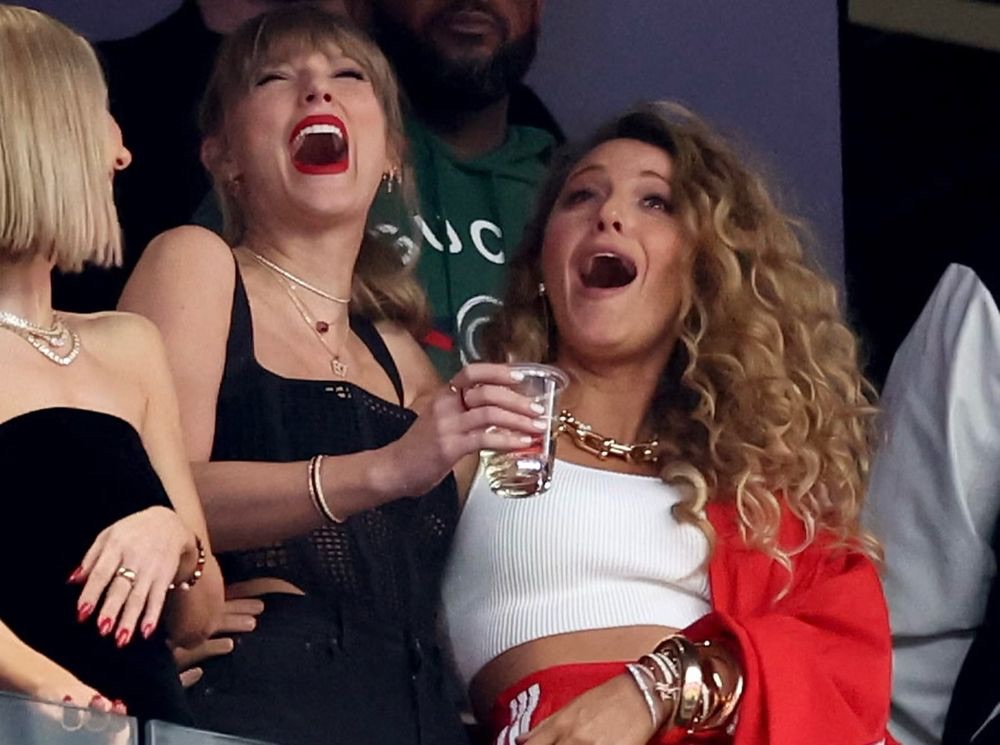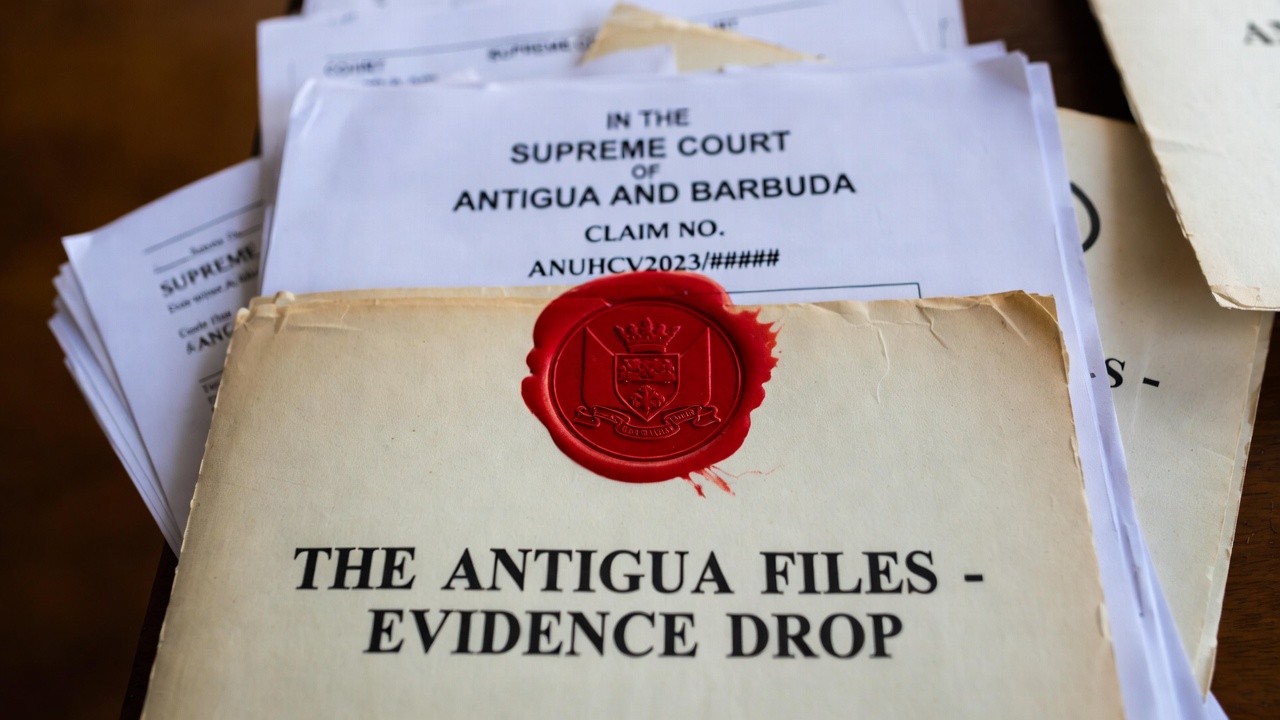In a recent development in the legal dispute between Blake Lively and Justin Baldoni, Lively has attempted to withdraw two claims against the director, who she previously accused of sexual harassment and a smear campaign. The actress filed a lawsuit against Baldoni in December 2024 after their collaboration on the film "It Ends With Us." Reports indicate that Baldoni's legal team requested Lively's medical records, including her therapy notes, to challenge her claims of experiencing "severe emotional distress and pain."
Lively is seeking to drop her claims of intentional infliction of emotional distress and negligent infliction of emotional distress, as indicated by Variety. The court's next decision will determine whether to dismiss these claims or compel Lively to provide information about her mental health. Documents obtained by Variety reveal that Baldoni's legal team confirmed the withdrawal of Lively's claims, stating, "Instead of complying with the Medical RFPs [Request for Proposal], Ms. Lively's counsel recently advised us... that Ms. Lively is withdrawing her claims."
While Lively has dismissed these particular claims, her lawyers assert that Lively's emotional distress allegations continue to be part of her overall lawsuit, which includes charges of sexual harassment and retaliation. Furthermore, they criticize Baldoni's actions as a "press stunt," arguing that the approach taken by Baldoni and his team could expose them to new damages under California law.
This legal contention is set against the backdrop of "It Ends With Us," a film adaptation of Colleen Hoover's best-selling novel, where Lively plays Lily Bloom, a character intertwined with themes of domestic abuse. The conflict escalated recently when Baldoni counter-sued Lively and her husband, Ryan Reynolds, accusing them of civil extortion, defamation, and invasion of privacy.
Additionally, pop star Taylor Swift was drawn into the legal fray when she was subpoenaed for allegedly encouraging Baldoni to accept script rewrites by Lively. However, Swift's representatives countered that she had no involvement in casting or creative decisions, and the subpoena was eventually retracted after her legal team argued against its legitimacy.
As Lively and Baldoni navigate these complex legal waters, the implications of their ongoing dispute highlight the multifaceted nature of workplace dynamics within the film industry, particularly surrounding issues of harassment and the intricate web of counterclaims and defenses being employed by both sides.



















